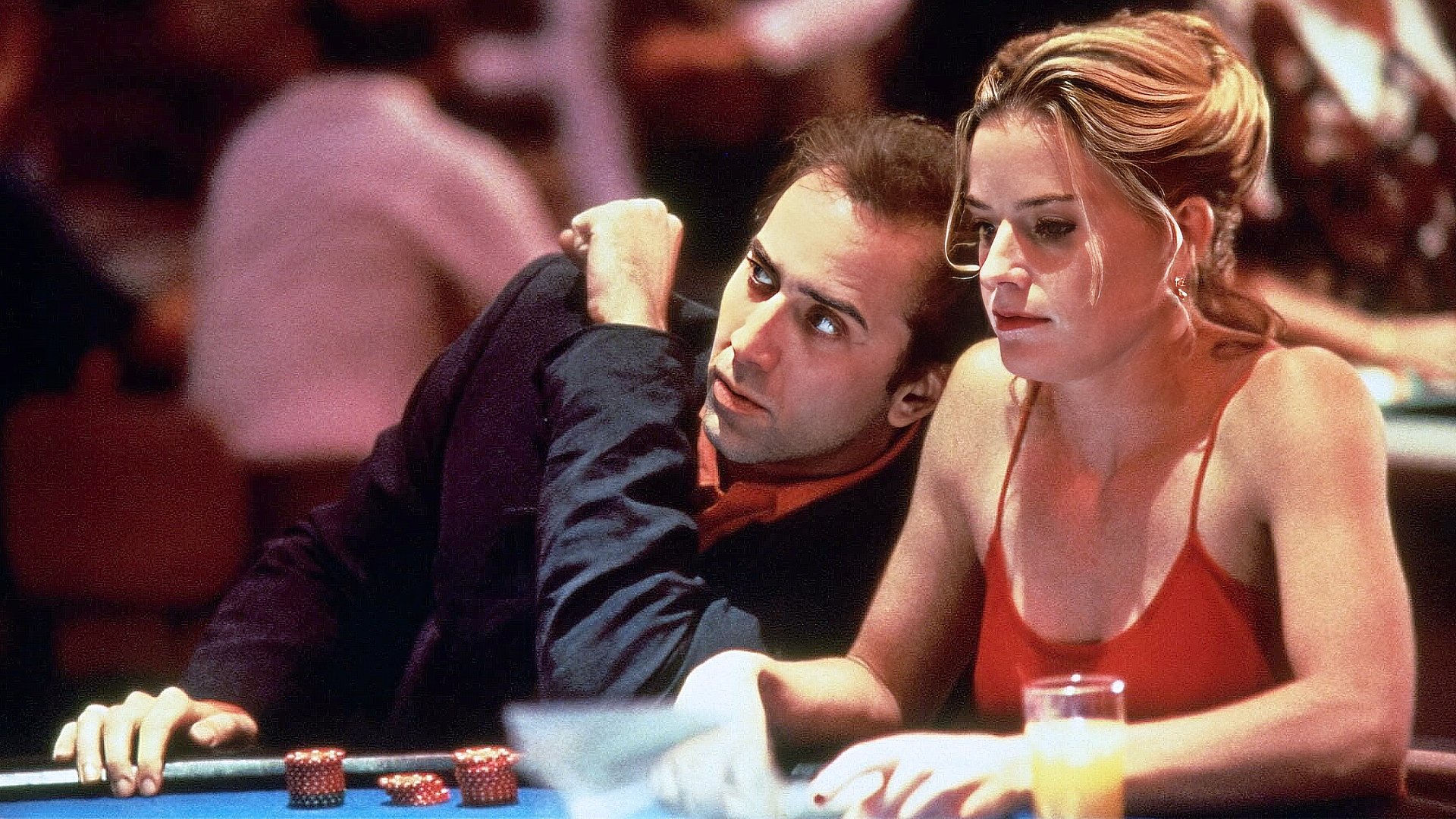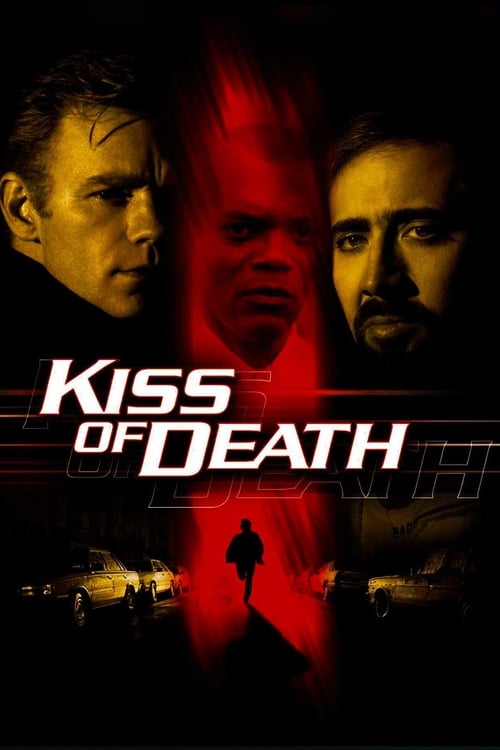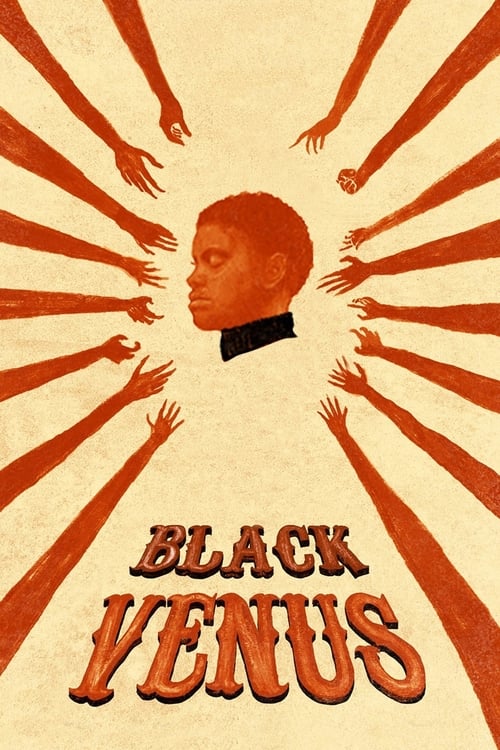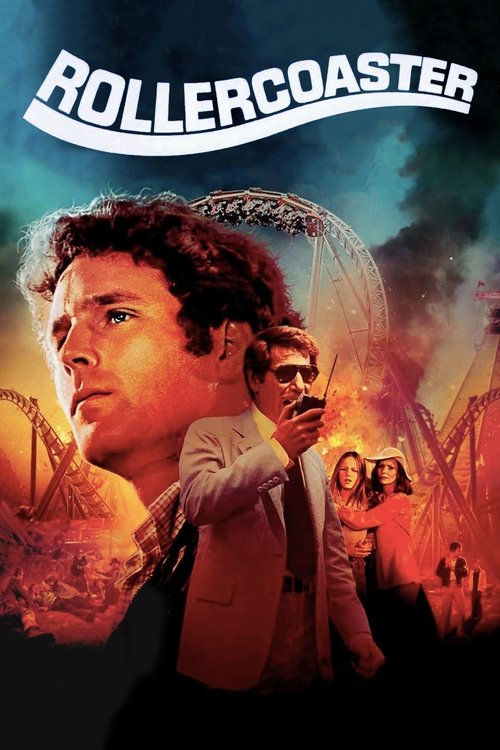
1995
Leaving Las Vegas
Drama, Romance
8.0
User Score
1602 Votes
Status
Released
Language
en
Budget
$3.600.000
Production
Initial Productions, Lumière Pictures
Overview
Ben Sanderson, an alcoholic Hollywood screenwriter who lost everything because of his drinking, arrives in Las Vegas to drink himself to death. There, he meets and forms an uneasy friendship and non-interference pact with prostitute Sera.
Review

Wuchak
6.0
_**Cage terminally drunk in Las Vegas with Elisabeth Shue and lots of jazz/blues**_
An alcoholic in Los Angeles (Nicolas Cage) cashes out of the film industry and moves to Las Vegas to apparently drink himself to death. He meets a prostitute (Elisabeth Shue) with whom he has a welcome affinity and they develop a relationship of radical acceptance.
"Leaving Las Vegas" (1995) is one of those downbeat realistic dramas about lost souls in hopeless dissolution. It’s well-done for what it is and Shue’s beauty is effectively showcased despite the unappealing nature of her profession. And I understand the message of “loving” acceptance with no questions. Although it could be argued that true love refuses to enable people to destroy themselves and holds them accountable to some reasonable degree.
A guy who was my best friend 20 years ago developed an alcohol problem that became increasingly glaring. He died recently, but I didn’t see him for the last four years of his life because I refused to see someone drink themselves to death.
The film runs 1 hour, 51 minutes, and was shot in the Los Angeles area (Burbank & Santa Monica) and Nevada (Las Vegas, Laughlin & Paradise).
GRADE: B-/C+
Read More 
FilipeManuelNeto
8.0
**A dense film, difficult to see, but one that should be seen, especially by young people who think that getting drunk is relevant to a night of fun.**
This film is based on the true story of a man who lost his will to live after a complicated divorce and the end of his personal and professional life as he gave way to alcohol addiction. With no prospects of getting back on top, he decides to go to Las Vegas, the city of all sins in the USA, and drink everything he can until he ends his own life. In the meantime of these suicidal intentions, he meets a prostitute with whom he has a very complicated relationship because, deep down, she too walks her own path of self-destruction.
The film is excellent, but it is deeply heavy, depressing, difficult to watch. In addition to taking us to the most negative and destructive side of alcoholism, it also shows us, without fear of shocking, how it can lead to death. That is, it shows us in very hard colors that drinking is an addiction, it is a serious problem and it can kill. It makes it clear that alcohol is not something that we can or should relativize, a punctual, occasional excess on Friday night. It is not something we should tolerate in the behavior of our children or family members. I say this at a time when drinking has become all too common, especially among young people, for whom getting drunk is a “sine qua non” condition for a night of fun. Anyone going to work the next morning can easily see young people, many of them women and looking as if they are not even 20 years old, sitting on the side of the sidewalk, next to nightclubs or bus stops, drunk or vomiting in scenes worthy of a pity that I refuse to feel because, after all, they wanted to stay that way. Many are Portuguese, but there are also many tourists who seem to come to my country because the law is more permissive than it should be. For me, who was brought up on the danger of addiction and only got seriously drunk once, it pains me to see how this youth considers excess fundamental in fun and I just hope, one day that I'm a father, I never have to go get one. child in such a state. I would be ashamed.
This is one of the movies that made Nicholas Cage's career. The actor does a remarkable job, and if we think about the turn that his life and career would later take, it's really a shame that he couldn't maintain this level. It's hard to see the way he gives his character all the elements to capture our sympathy as she slides down a path of no return. Elizabeth Shue, who gave life to the prostitute, also does a job full of merits, even if her character is much more conventional. After all, it is not the first time, nor the last, that the cinema has met a prostitute with feelings. There is a love story between the two characters, that is undeniable, but we can question to what extent it is really believable, since love is never used to redeem or grant the characters a path of salvation, a way out of the life of addiction and destruction they are in. And to some extent, even if this is rehearsed, such an option is largely rejected, especially by the character of Cage, who seems determined to die.
Technically, the film has several points of merit, especially with regard to cinematography and editing. The film was very well filmed, it uses light and shadow very well to thicken the whole environment of degradation in which the characters move, with the bright lights of the casinos working, almost, like the bright flame that attracts the moths to their death and perdition. It is in this environment that we see the characters live the only scenes of pleasure and relaxation, which only serve to keep pushing them to the bottom of the well. Very well edited, the film doesn't waste time with things that don't matter, it maintains a very pleasant pace and provides two hours that leave us thinking.
Read More 



